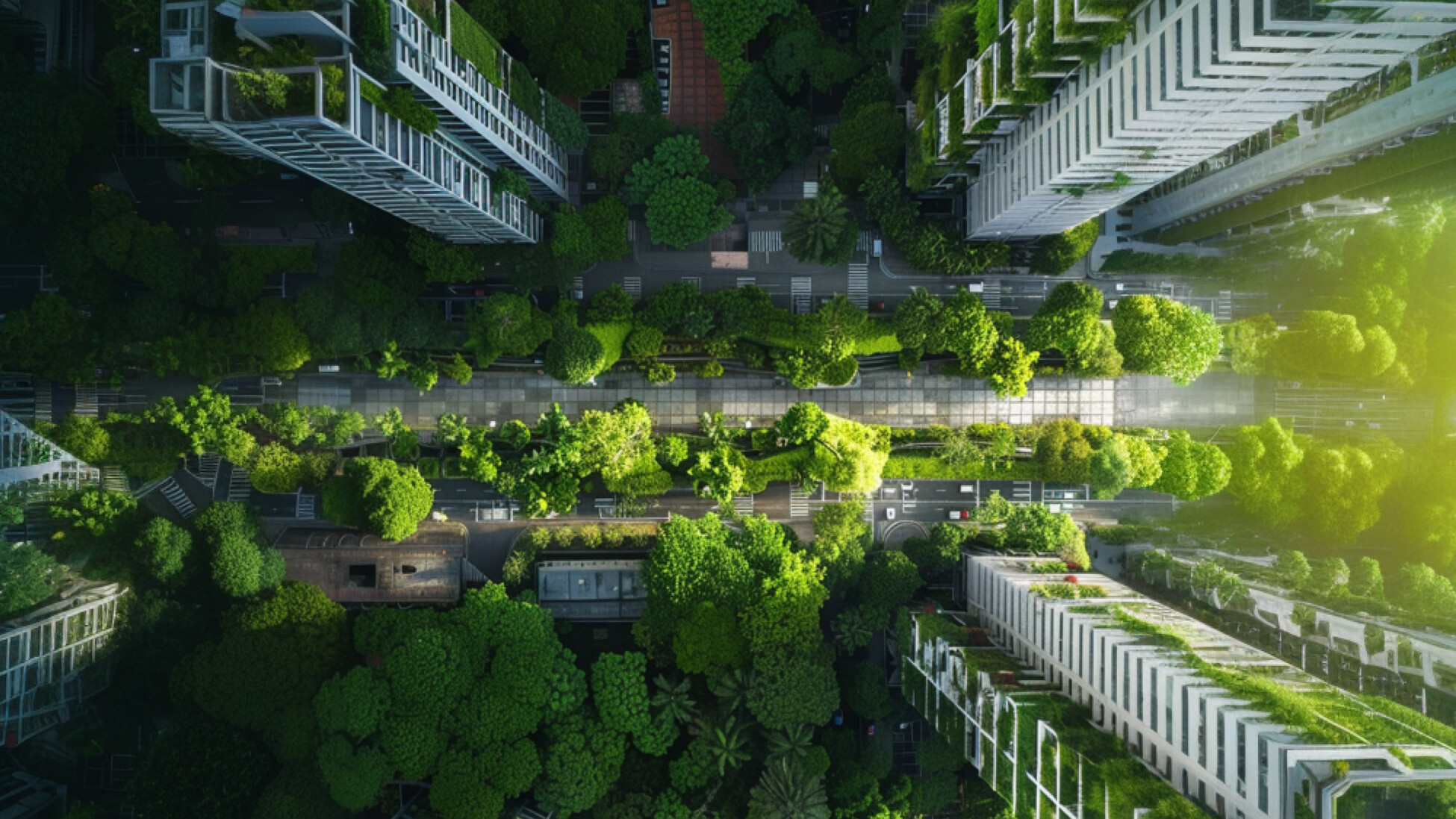Karim Lahiani: HM & COWBOY of the Cyclist House

+ Karim Lahiani 🇫🇷
Honourable Mention of the Cyclist House
COWBOY Special Prize of the Cyclist House
Portfolio: https://www.non-a.com/members/karim-lahiani/
1) Could you briefly introduce yourself?
Karim LAHIANI is a landscape architect, urban planner and politicist. He founded his studio in 2022 and has since been committed to a deep ecology. The studio tries to extract itself from contemporary practices of project management that are often destructive of our living environments. Its objective is to reconnect with a poetic of the Earth by awakening an ecological awareness in all its places of intervention.
The studio is committed to adapting our societies to the major ecological shifts of the 21st century and to the regeneration of living environments damaged by modernity. This philosophy takes concrete form in approaches such as the restoration of heritage, the highlighting and design of new energy systems, the accompaniment of new systems of territorial governance or even the invention of utopias that change our relationship to the world.
With this in mind, the NON ARCHITECTURE competition allowed the studio to experiment with its philosophy with a great deal of design freedom.
2) What inspired you for the Cyclist House?
The studio is involved in a political process that takes the form of proposals for alternatives to controversial, ecocidal projects such as the A69 highway between Toulouse and Castres in south-west of France. For the past year, the studio has been involved in the ecological struggle against this highway, helping opponents to build an alternative project that poses a radical question: how can we move around a territory in a sustainable way? The project, called “Une Autre Voie” (Another Way), aims to create a new imagination of mobility around cycling and soft mobility, starting from a concrete territory. Inspired by this alternative work, Pedal City has helped to structure an energy utopia based on cycling and everyday life, to build an ideal city reconnected to ecological realities and the natural cycles of the seasons, and which shows the importance of defining what we want to do with this energy. The project is also inspired by the utopias of the 19th century, which were critical of industrial society.
3) Can you describe any particular challenges you faced during the design process and how
you overcame them?
It’s always difficult to build a project without concrete ground, because the territory allows us to set down material and physical constraints, and requires us to deal with existing players, and therefore with a certain subjectivity. Building an utopia, on the other hand, requires us to step back and objectify the world. One of the difficulties is to build spatial and systemic coherence into the utopian project. This calls on disciplines such as philosophy. In the case of Pedal City, for example, I drew on the writings of Ivan Illich, who I consider to be one of the most important philosophers of the twentieth century for thinking about ecology today, in particular through his concept of conviviality, which enables us to rethink our material and energy relations in order to resolve the ecological crisis.
4) How do you think your educational background or professional experiences influenced your winning design?
As you may have noticed, I’m not an architect. But you don’t necessarily have to be an architect to think about architecture. Architecture is not an end in itself. It’s part of a social process that says a lot about our needs and desires. It’s by changing our needs and desires that we can change architecture. My background as a landscape architect gives me a sensitive view of the world, particularly the living world. Thanks to my background as an urban planner and political scientist, I’m also able to mobilize a systemic vision that questions our social relationships and our ways of building society. These skills are complementary.
5) What advice would you give to students or young professionals looking to excel in architecture competitions?
I tell them to regain their intellectual freedom. Capitalism is presented to us as the only possible horizon for our modern societies in the 21st century. However, there are many different relationships to the world that we need to try out and test in the field or through ideas. It’s also important to remember that architecture is not a neutral act, but a political one. Assuming the political dimension of architecture in order to propose a new way of looking at society, outside the injunctions of the capitalist players who are currently driving or dictating the conditions of architecture in the name of money (property developers, construction majors, etc.), is very important if we want to start solving certain problems of the ecological crisis, and make architectural projects that are truly in line with planetary limits, and that put the question of happiness back at the heart of our concerns.
6) What are your future aspirations in the field of architecture?
To bring a strong ecological dimension to all my projects, a radical ecology that questions the way architecture is done, in conjunction with young architects who want to free their profession from the grip of capitalism.




Your Links